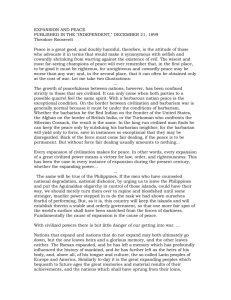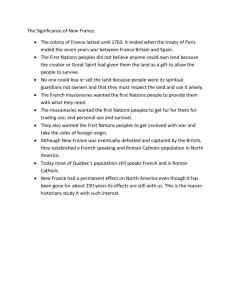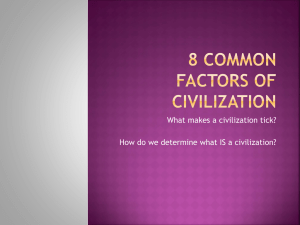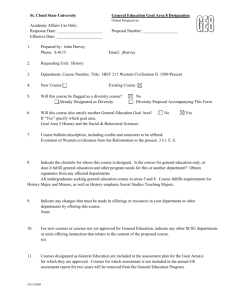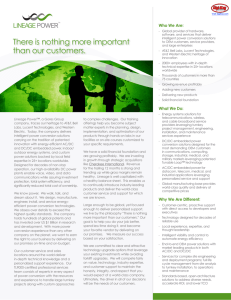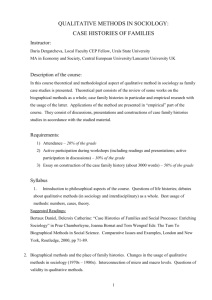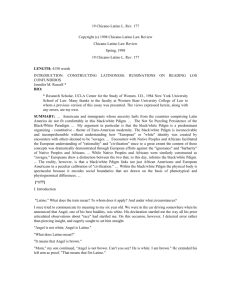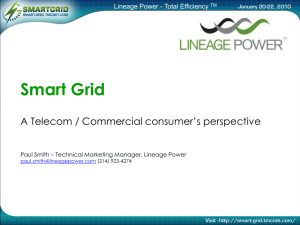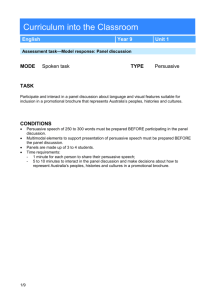Notes - World civilization 1
advertisement
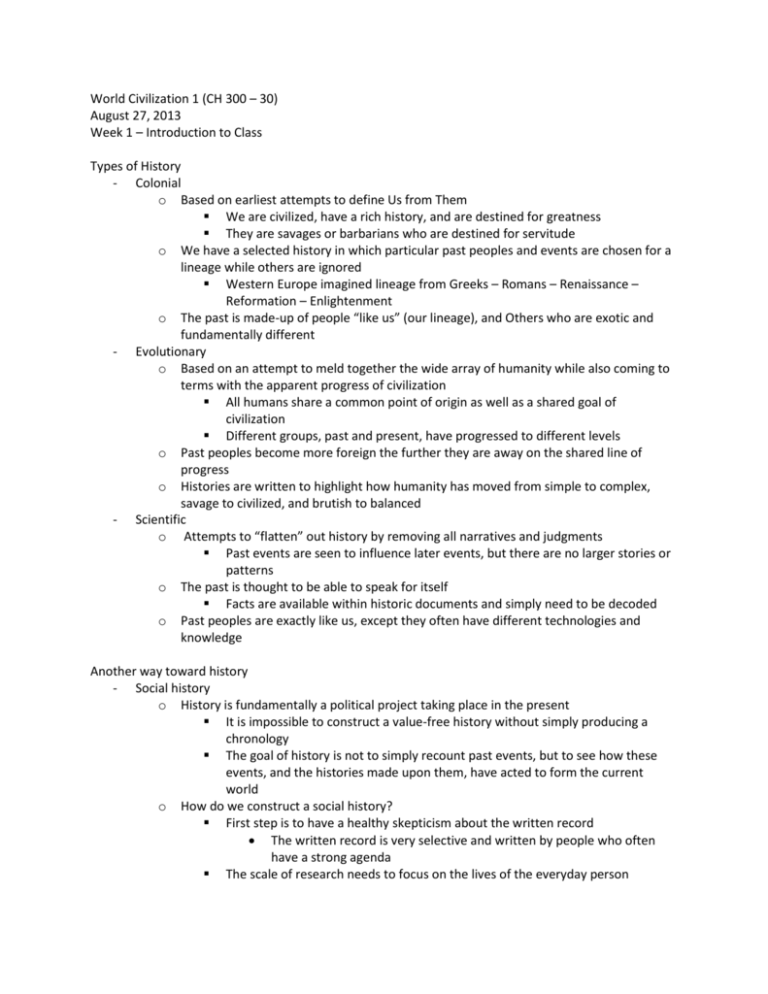
World Civilization 1 (CH 300 – 30) August 27, 2013 Week 1 – Introduction to Class Types of History - Colonial o Based on earliest attempts to define Us from Them We are civilized, have a rich history, and are destined for greatness They are savages or barbarians who are destined for servitude o We have a selected history in which particular past peoples and events are chosen for a lineage while others are ignored Western Europe imagined lineage from Greeks – Romans – Renaissance – Reformation – Enlightenment o The past is made-up of people “like us” (our lineage), and Others who are exotic and fundamentally different - Evolutionary o Based on an attempt to meld together the wide array of humanity while also coming to terms with the apparent progress of civilization All humans share a common point of origin as well as a shared goal of civilization Different groups, past and present, have progressed to different levels o Past peoples become more foreign the further they are away on the shared line of progress o Histories are written to highlight how humanity has moved from simple to complex, savage to civilized, and brutish to balanced - Scientific o Attempts to “flatten” out history by removing all narratives and judgments Past events are seen to influence later events, but there are no larger stories or patterns o The past is thought to be able to speak for itself Facts are available within historic documents and simply need to be decoded o Past peoples are exactly like us, except they often have different technologies and knowledge Another way toward history - Social history o History is fundamentally a political project taking place in the present It is impossible to construct a value-free history without simply producing a chronology The goal of history is not to simply recount past events, but to see how these events, and the histories made upon them, have acted to form the current world o How do we construct a social history? First step is to have a healthy skepticism about the written record The written record is very selective and written by people who often have a strong agenda The scale of research needs to focus on the lives of the everyday person - While people in leadership roles are important, they gain their power through the lives of the everyday person – often major social change takes place through the actions of the average person While past events obviously happened, we cannot discover them – rather we must invent them from fragmentary sources Often imagination is the most important tool for a historian Past peoples often have dramatically different ways of thinking about the world that need to be addressed, but not made exotic Grand narratives of progress are not helpful for creating histories as they make multiple goals impossible to discover or appreciate While grand narratives of progress need to be rejected, there are reoccurring trends and processes that can be found through comparative research These reoccurring trends and processes are important because they are often still at work today and continue to affect our lives today The final step is to connect past events, processes and trends to following situations, including into the modern world Structure of the class o The class is designed to facilitate both a general understanding of pivotal past events as well as to develop a critical engagement with history o There are no tests; instead class discussion, presentations, and a research paper will be used to demonstrate knowledge o Discussion It is important to keep up with the readings and to demonstrate your comprehension This can be done through engagement in in-class discussions or through on-line posts – or BOTH! Discussions, both on-line and in-class, are best when comments are made among the class. o Website Development Alongside our shared class space, we also have a shared digital space which will grow as the semester progresses While the online space is currently a point for students to gain information (syllabus, readings, etc.) it will soon be a place to present your work By the third week of class, everyone will sign up for a week in which they will help develop the website through the addition of their own original research Based on the week you sign up for, you will take up the theme of the class and investigate it further by engaging with a historic document, work of art, or material object Creativity is welcome in this assignment – grading is based on how well you make the subject matter come alive through a detailed analysis and interesting presentation. We will continue to discuss this assignment in the coming weeks o Presentation Every student will also sign up for a week in which they will offer a 20-30min lecture and lead class discussion This presentation will focus on the readings for the week All students will sign up for a week by the third week of class Based on the number of students in the class, this will likely be a group project - You cannot sign up for both a presentation and website development for the same week o Research Paper An 8 page paper (double-spaced) is due on the last day of class Alternatively, students can offer a significant addition to the website instead of a paper We will discuss this paper in more detail later in the semester, but the paper topic is very open as long as it is based on an important past person, event, movement, etc. that occurred between 1200 and 1800 AD. Students will provide an outline of the potential paper topic and a short bibliography by Week 9 of the class Preview of next class


